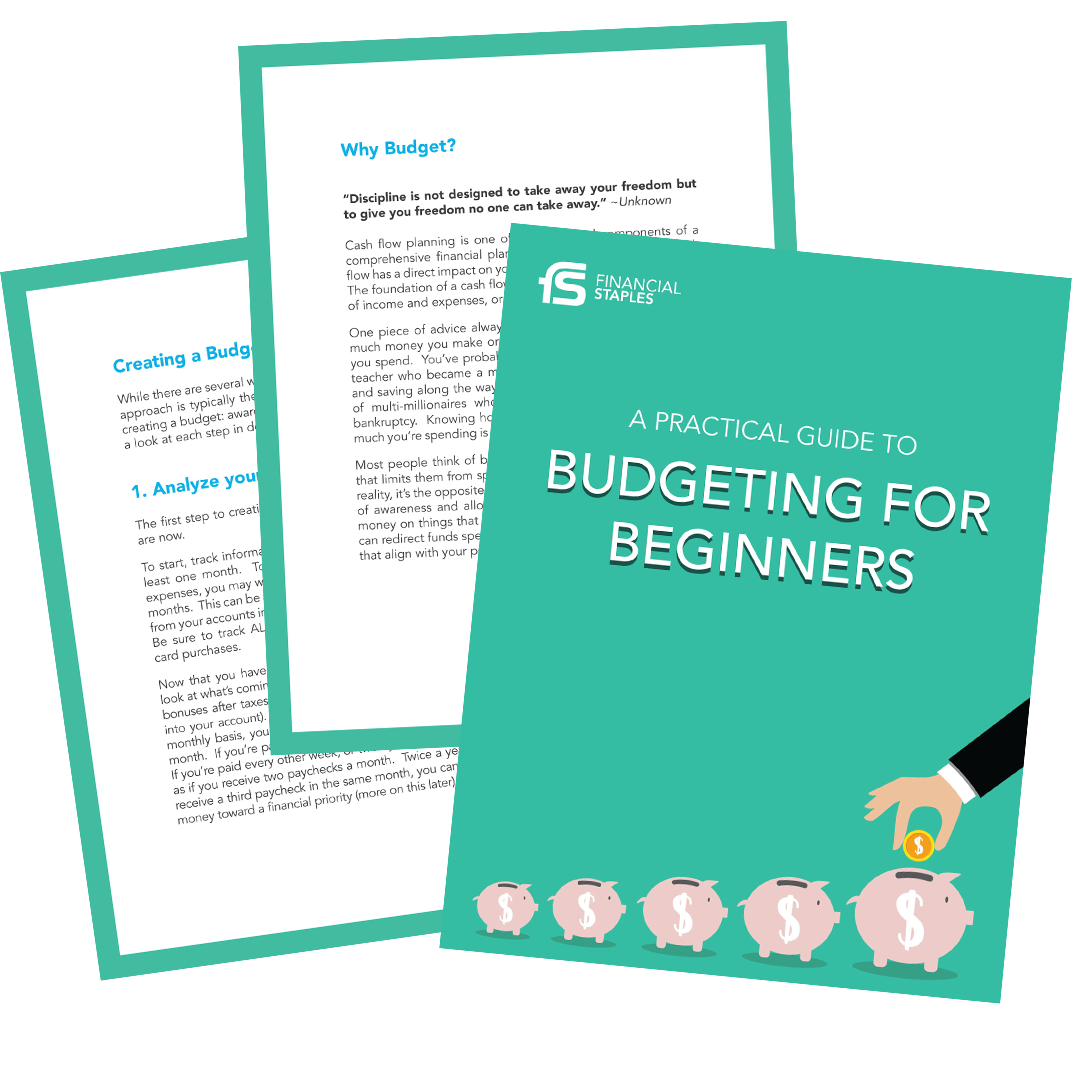In Part One of my series on Open Enrollment, I discussed the most confusing benefits: health insurance and the many accounts that can be used for medical expenses. This post covers life insurance, disability insurance, legal services, and other valuable benefits that can add up to thousands of dollars.
Life Insurance
Many companies offer a base level of group life insurance as a company benefit, sometimes at no cost to you. While the death benefit can vary, it is often one to two times your current salary. If you need more coverage than the base benefit that your company provides, I suggest looking for an individual policy outside of work. That way, a job change does not impact your life insurance coverage. One exception is if you’re unable to qualify for life insurance because of health issues. Most group insurance provides some level of coverage without proof of good health, so if you have a health condition, get as much insurance as possible through your company.
I can’t forget accidental death and dismemberment insurance, also known as AD&D. This supplemental insurance pays out if you die or get seriously injured in an accident, such as a car crash. Many companies also offer some level of group AD&D insurance at no cost to you. These policies pay out only in rare or limited certain situations. Instead of paying for supplemental AD&D coverage, you’re better off using your money to pay for additional life and disability insurance.
Disability Insurance
Disability insurance is one of the most overlooked and valuable types of insurance for young professionals. This insurance replaces a percentage of your income (typically 50-70%) if you are unable to work because of an illness or injury. There are two types of disability insurance: short-term disability (STD) and long-term disability (LTD). STD typically has a seven day waiting period before benefits start, but you can use sick days to bridge the gap. LTD picks up when STD stops – usually after 90 days – and benefits are paid out as long as you’re disabled (up to retirement age). Most companies offer a base level of short-term and long-term disability insurance at no cost to you. If you need more coverage than the base benefit your company provides, consider an individual LTD policy outside of work. Individual policies often offer better coverage and have more flexibility. Disability benefits are taxable if your company pays the premium or if you pay the premium with pre-tax dollars. If you pay the premium with after-tax dollars, the benefits are generally tax free.
Legal Services
Common legal services include on-call legal advice, emergency legal services, mediation, and document preparation. You may have to opt into this service for a nominal fee (less than $50 per pay period). I’ve seen companies offer legal services at a discount and others provide services for free as long as you’re enrolled. Companies usually have a list of attorneys that are available to you based on your needs. The variety of attorneys and the quality of services varies. If you’re early in your career and your situation is fairly simple, consider hiring an attorney this way. It is an inexpensive way to get estate planning documents (such as wills, powers of attorney, and advance directives). If your situation and needs are more complex, you’re likely better off hiring an attorney the traditional way.
Other Valuable Benefits
Tech companies are often considered some of the best companies to work for, and for many good reasons. The various benefits they might offer can add up to thousands of dollars in savings, so don’t ignore them.
- Mental Health Support – Some employers provide access to therapists for counseling sessions. I’ve also seen meditation and mindfulness resources. Your company may give a discount for sessions, or you can receive a certain number of sessions at no charge. You can use your health insurance to cover the cost of additional visits if needed.
- Subsidized Commuting Expenses – This benefit can cover public transportation or rideshare services between home and work. Services can either be unlimited or up to a certain dollar amount per month. Live near the company headquarters? Your company may offer personal shuttle services too.
- Free Food and Catered Meals – If you spend a significant amount of your money on food, this benefit is for you. Many companies provide free breakfast, lunch, and snacks. And we’re not talking about boring cafeteria food! Feeling thirsty? You may be able to enjoy gourmet coffee, beer and wine. Taking advantage of these benefits can save you hundreds of dollars each month.
- Education Assistance – Several companies offer tuition and book reimbursement for eligible courses, certificate programs, and graduate programs. Your company may also provide access to professional development classes, career advisors, and mentors.
- Matching Gifts on Charitable Contributions – Many companies offer matching gifts for donations to charitable organizations in addition to volunteer time off. The most generous match I’ve seen is dollar-for-dollar up to $15,000 per year!
- Family Planning Support – Some companies offer support for fertility, surrogacy, and adoption services. If you’re considering freezing your eggs or fertility treatments, you may receive guidance and financial assistance. Companies may also reimburse you for eligible surrogate or adoption expenses.
Open enrollment is a confusing time, especially if you’re unfamiliar with your employee benefits. Understanding your benefits helps you make better decisions – and saves you money!
Need help choosing the benefits that are best for you? Let’s chat!
Did you find this post helpful? Sign up for our newsletter to receive financial inspiration, education, and updates.
Disclaimer: This article is provided for general information and illustration purposes only. Nothing contained in the material constitutes tax advice, a recommendation for purchase or sale of any security, or investment advisory services. I encourage you to consult a financial planner, accountant, and/or legal counsel for advice specific to your situation. Reproduction of this material is prohibited without written permission from Chloe Moore, and all rights are reserved. Read the full disclaimer here.


